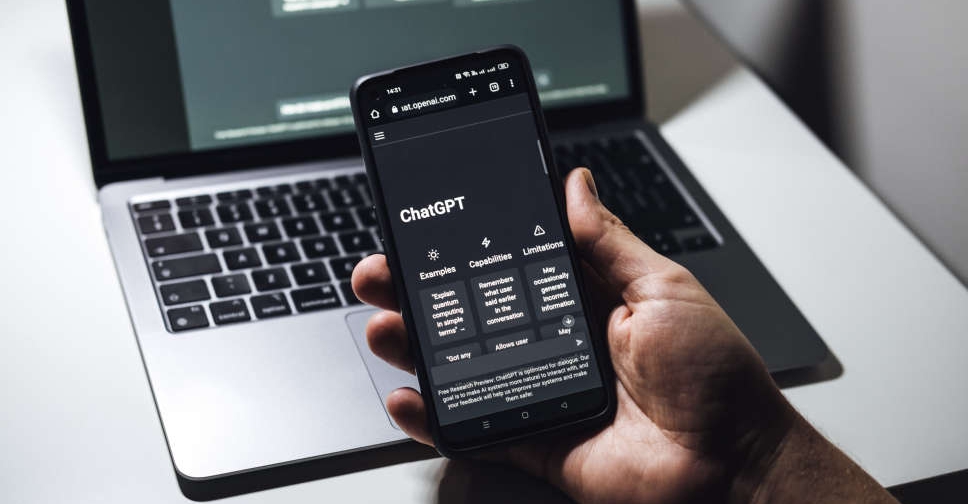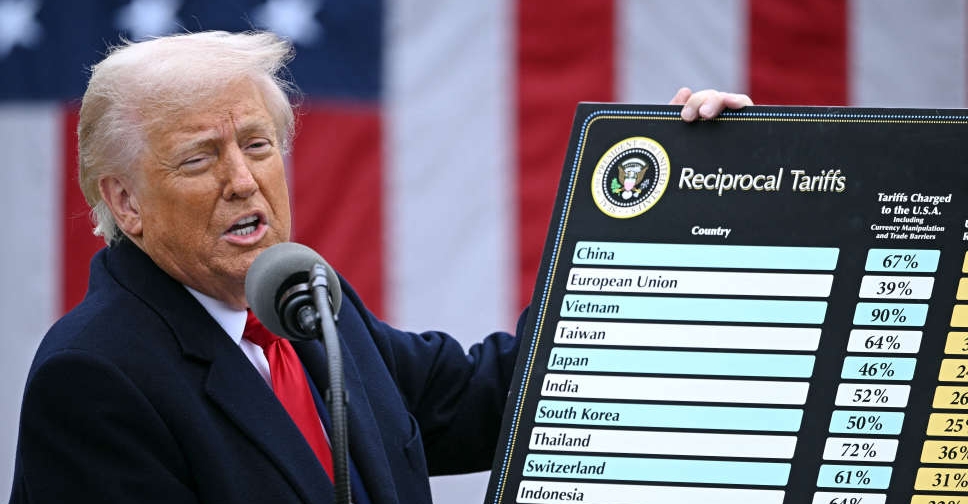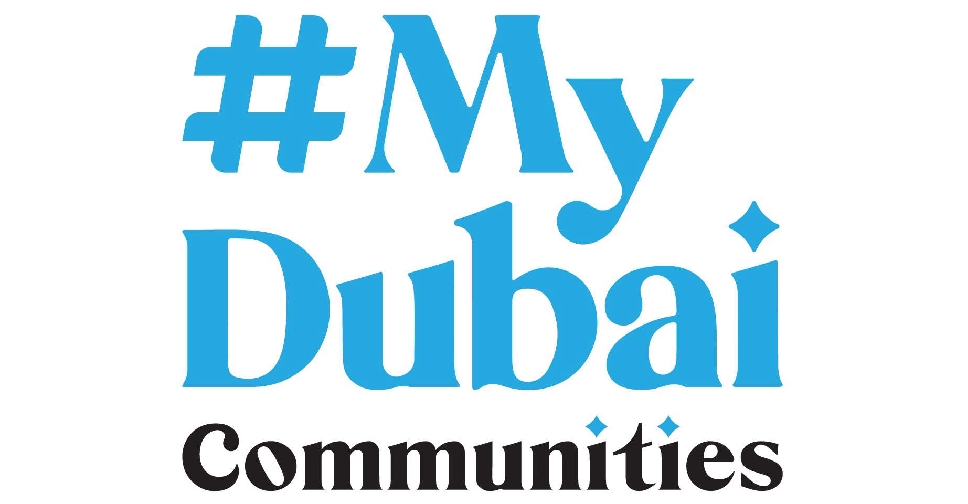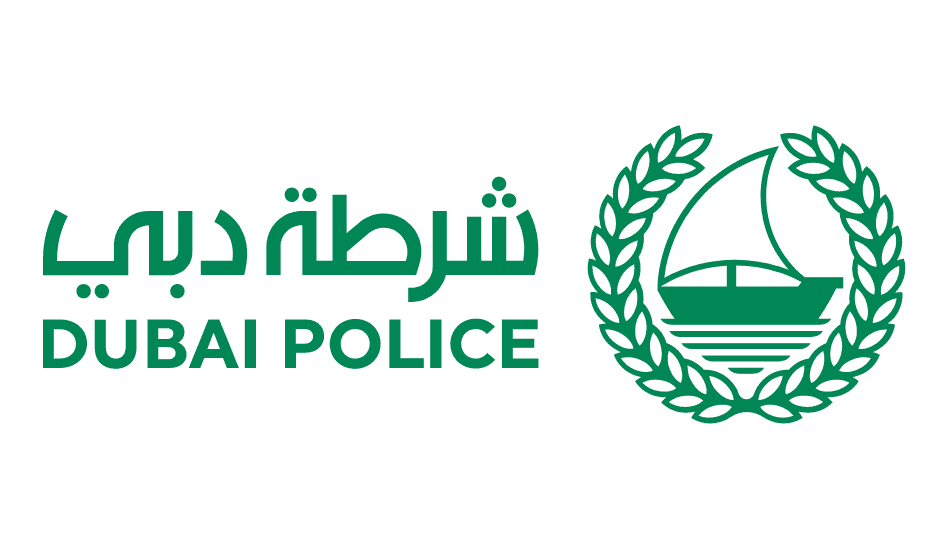
UK-based newspaper The Guardian has blocked access to its website for OpenAI, the owner of ChatGPT.
This decision follows growing apprehensions about OpenAI's use of its crawler to scrape content from websites.
In a report published on its website last week, The Guardian cited mounting concerns that OpenAI's ChatGPT platform had been "utilising unlicensed content to fuel its AI tools," a situation that had already resulted in legal actions brought forth by writers against the company.
This move comes on the heels of OpenAI's announcement last month that it would enable websites to prevent its web crawler from accessing their content.
Numerous other online publishers have also opted to block OpenAI's crawler. Among the notable publications being CNN, Reuters, The Washington Post, Bloomberg, The New York Times and The Athletic.
It is worth noting that the OpenAI web crawler functions by collecting information from various websites, which it then employs to assist in generating AI-generated content. Beyond the realm of news publishing, other websites have also opted to block OpenAI's crawler in an effort to safeguard their own digital assets. These include popular platforms such as Lonely Planet, Amazon, Indeed, Quora and Dictionary.com.
Earlier this week British book publishers also urged UK Prime Minister Rishi Sunak to include discussions on the protection of intellectual property rights in the agenda of an upcoming summit on AI safety scheduled to take place in November. This push for enhanced intellectual property safeguards underscores the growing concerns within the industry about the unauthorised use of digital content in the field of artificial intelligence.


 Shares bruised, dollar crumbles as Trump tariffs stir recession fears
Shares bruised, dollar crumbles as Trump tariffs stir recession fears
 Wall Street futures sink as tariffs fuel recession fears
Wall Street futures sink as tariffs fuel recession fears
 Trump to impose 10% tariff on UAE, Saudi Arabia imports
Trump to impose 10% tariff on UAE, Saudi Arabia imports
 UAE tops global entrepreneurship rankings for 4th straight year
UAE tops global entrepreneurship rankings for 4th straight year
 Emirates launches express delivery service
Emirates launches express delivery service




